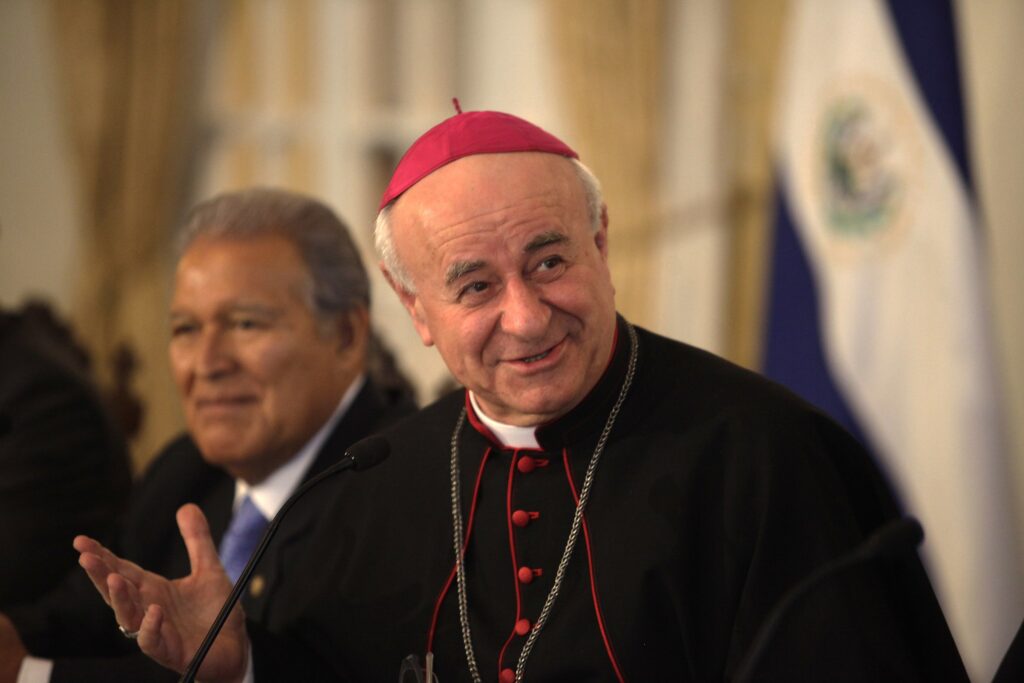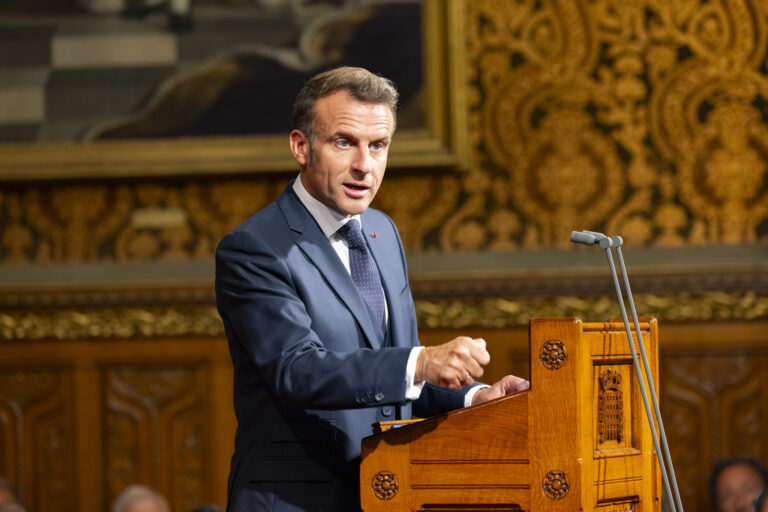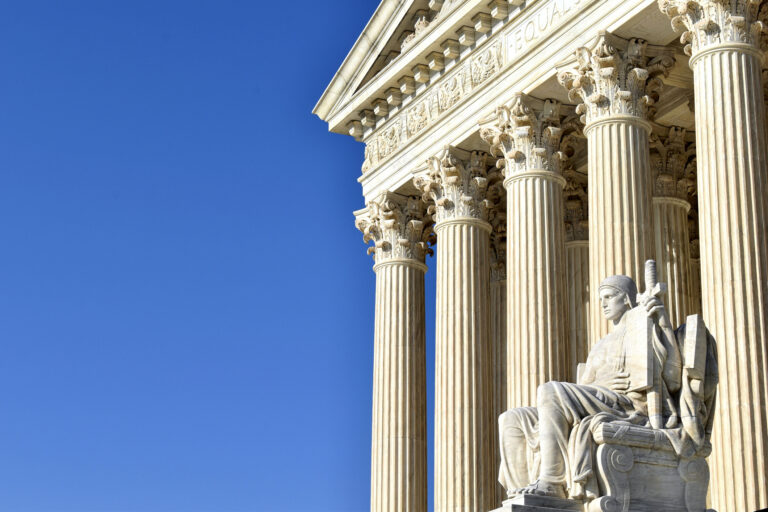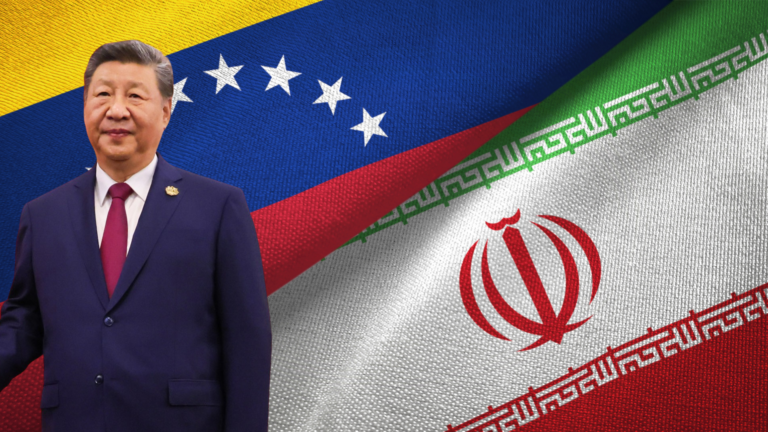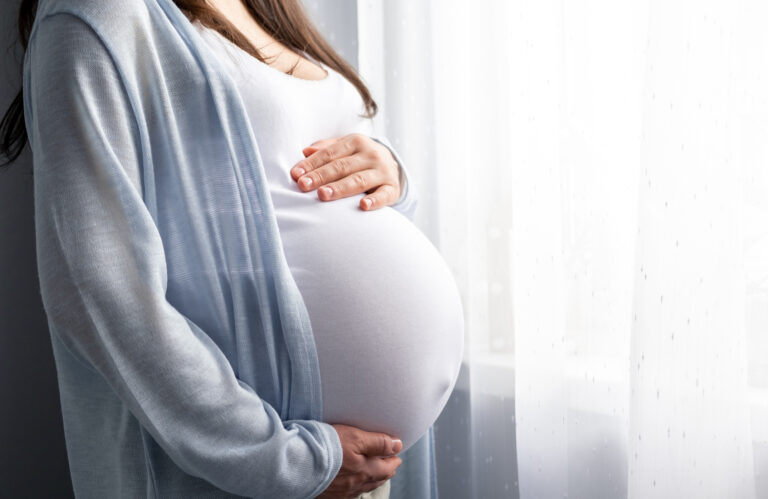The departure of the activist ideologue, Archbishop Paglia, from the Pontifical Academy of Life, is very good news.
Why, you ask?
To answer that question, we have to look at why the Pontifical Academy for Life was founded and just how far Paglia strayed from the academy’s original purpose.
Saint Pope John Paul II founded the Pontifical Academy for Life (PAV) on February 11, 1994 for the interdisciplinary study and defense of human life in all its stages. The sainted Pope established the need for this pontifical academy in a document called Vitae Mysterium, which specified the PAV’s mission “to study and provide information and training about the principal problems of law and biomedicine pertaining to the promotion and protection of life, especially in the direct relationship they have with Christian morality and the directives of the Church’s Magisterium.”
And members of the PAV did just that until 2016, when radical changes occurred within the Vatican structure. The first of these was Pope Francis’ revision of the PAV’s founding documents. No longer did the statutes require members to sign a declaration declaring that they would follow Church teachings on the sanctity of human life.
The second major change was the appointment of Archbishop Vincenzo Paglia as the new president of the PAV. He became a key player in Pope Francis’s “radical paradigm shift.”
In 2019, Abp. Paglia confirmed the change, announcing that “the Academy in particular is to become more and more a place of competent and respectful meeting and dialogue.” He also stressed that “the term ‘life’ must be redefined, moving from an abstract conception to a ‘personal’ dimension.”
By 2022, the spirit of “dialogue” had led to a bold, undisguised challenge of Church teaching from the Academy:
“Be careful: what is dissent today, can change. It is not relativism, it is the dynamics of the understanding of phenomena and science: the Sun does not rotate around the Earth. Otherwise, there would be no progress and everything would stand still. Even in theology. Think about it.”
These are just a few of many examples of the paradigm shift that was being pushed until recently within the PAV, but it’s enough to show why Paglia’s retirement caused a universal sigh of relief from Catholics around the world.
His replacement, Monsignor Renzo Pegoraro, previously served as second-in-command under Paglia as the Academy’s Chancellor. However, Pegoraro was appointed by Pope Benedict XVI in 2011, predating the Pope Francis era.
Our contacts in Rome suggest that Pegoraro has generally sought to avoid strife and controversy. They pointed out that Pegoraro is an improvement over Paglia, even though he has not always been very clear on his positions.
As we wait to see the direction of the PAV moving forward, we may hope that this previous lack of clarity does not stem from heterodoxy so much as from the fact that, under the previous papacy, concealing orthodoxy was a means of survival. Time will tell.
In any case, Pegararo’s appointment is a notable sign that things are getting back to normal in many respects. By this I mean that the new PAV president is a doctor who has long been active in the world of Catholic bioethics, not a leftist “human rights” activist like his predecessor, Archbishop Paglia, who knew nothing about bioethics.
A similar return to normalcy has occurred at the Pontifical John Paul II Institute for Studies on Marriage and the Family with the replacement of Archbishop Paglia there with Pope Leo XIV’s appointment of Cardinal Baldassare Reina.
Cardinal Reina may not be regarded as an expert on the family, but he is an academic and holds the position due to his role as Vicar of Rome. It remains to be seen what academic appointments to the Institute he will make in the future but, for the moment, the anomaly of the unschooled Archbishop Paglia holding this post has been resolved.
All this does not mean that, from now on, that we in the pro-life, pro-family movement agree on everything that these two institutions, PAV and the JPII Institute, come out with, although we certainly hope that this is the case.
But perhaps we can expect that, absent the radical views of Archbishop Paglia, who viewed everything through an activist, ideological lens, we will be returning to normal and, hopefully, orthodoxy.
At the same time, the important work of the lay-run John Paul II Academy for Human Life and Family, on which I (Steven Mosher) serve as Treasurer will continue. Over the past decade of Paglia’s rule over the Pontifical Academy of Life, our lay-run Academy has served a vital, corrective role on numerous occasions.
It will continue to do so as we wait in hope for the Pontifical Academy of Life to return to the work laid out in its founding charter.
